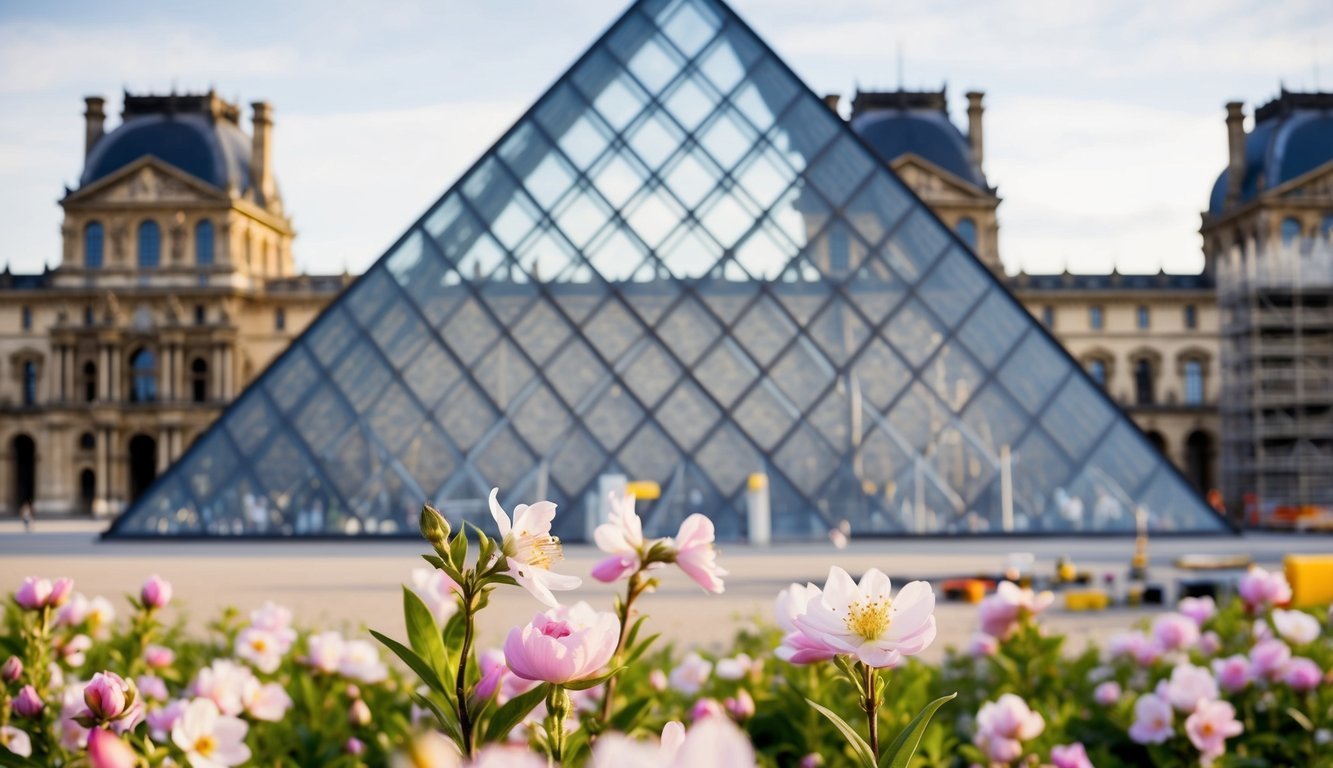New Ticket Pricing System
In a move designed to enhance the overall experience for museum-goers, French President Emmanuel Macron has revealed plans for a new ticket pricing system specifically for visitors from outside the European Union.
These changes signify a vital step in the Louvre’s ongoing mission to renovate and revitalize its reputation as one of the world’s premier cultural landmarks.
Beginning January 1, 2026, international tourists hailing from non-EU countries will face increased admission costs, although exact details regarding the price adjustment are yet to be disclosed.
Macron’s initiative aims to not only increase the museum’s revenue but also to channel these additional funds into the restoration and safeguarding of France’s rich artistic legacy.
Plans for Renovation and Visitor Experience Enhancement
This proposal for revised pricing follows Culture Minister Rachida Dati’s earlier recommendations, which stressed the necessity of adjusting fees based on the origins of visitors to bolster funding for national museums.
While Dati’s initial suggestions encompassed all state-run museums throughout France, Macron’s focus has been narrowed to the Louvre in his recent address.
Currently, individuals from the EU aged 26 and under can enter the Louvre for free, a privilege that also extends to non-EU citizens currently residing in EU countries.
Thus, the forthcoming price increase for non-EU tourists is unlikely to affect access for those living in France and nearby EU nations.
Further information on this aspect is expected soon.
As it stands, a standard ticket for the Louvre is priced at €22, but interestingly, less than half of visitors actually pay the full price, thanks to a variety of discounts and free admission options that benefit around 40% of guests.
Future Vision and Community Engagement
Macron’s announcement also comes with a broader vision for the museum’s future amidst ongoing criticisms regarding visitor congestion and environmental control challenges.
He has laid out an ambitious multi-million euro renovation plan for the Louvre, dubbed the “New Renaissance,” which is set to unfold over the next 15 years.
This initiative aims to elevate visitor experiences with new amenities, including an upgraded entrance and a unique viewing space for the famous Mona Lisa, which will soon have its own dedicated ticket option.
The renovation is projected to cost between €700 million and €800 million, reflecting a substantial commitment to maintaining this cultural icon.
Part of the project entails constructing a grand entrance on the eastern facade, designed to ease crowding and allow visitors to fully appreciate the Louvre’s magnificence.
In the upcoming months, an international architecture competition will be launched to invite innovative proposals for the renovation.
The results of this competition are anticipated by the end of the year, with the completion of the project aimed for 2031.
The Louvre, known as the most visited museum in the world, showcases celebrated art pieces such as the “Venus de Milo” and Eugène Delacroix’s “Liberty Leading the People.” Its growing popularity underscores the necessity for careful planning to protect both the integrity of the building and the priceless artworks housed within.
Macron described the forthcoming renovation as a “colossal” project, with the initial phase estimated to cost around €400 million.
This amount will primarily be funded through museum income and projected donations, while the following decade is expected to require an additional €300 million to €400 million.
The state has already allocated €10 million for initial studies.
Drawing inspiration from the successful restoration of Notre-Dame Cathedral, there are hopes for widespread community engagement and support as the Louvre embarks on this transformative journey.
Against the backdrop of changing political landscapes, this initiative sparks renewed enthusiasm for the arts and culture, resonating deeply within the heart of Paris and beyond.

